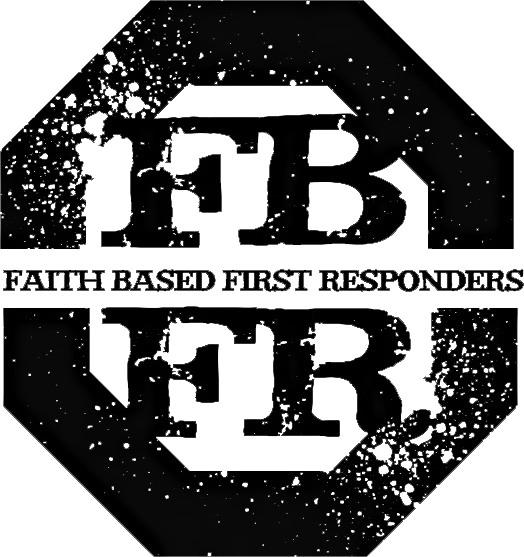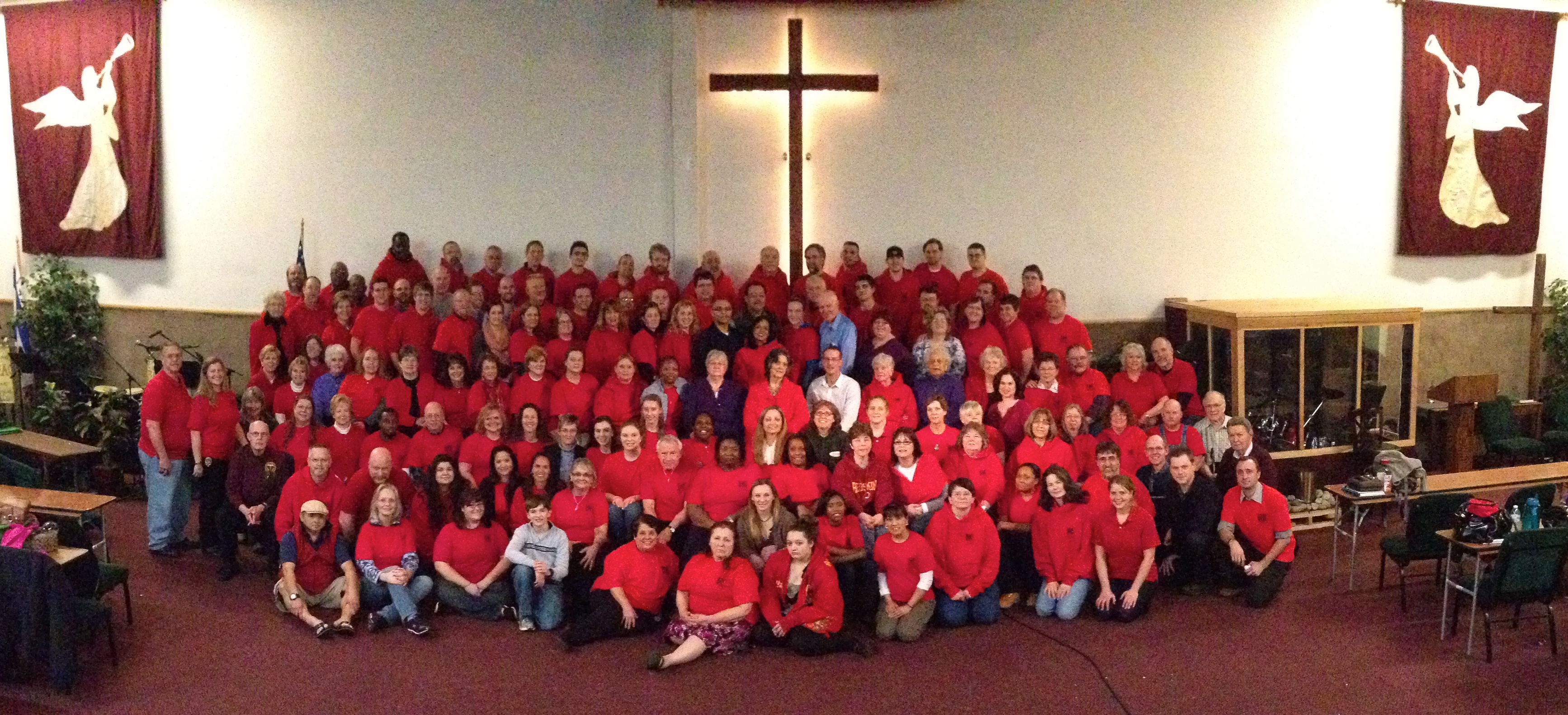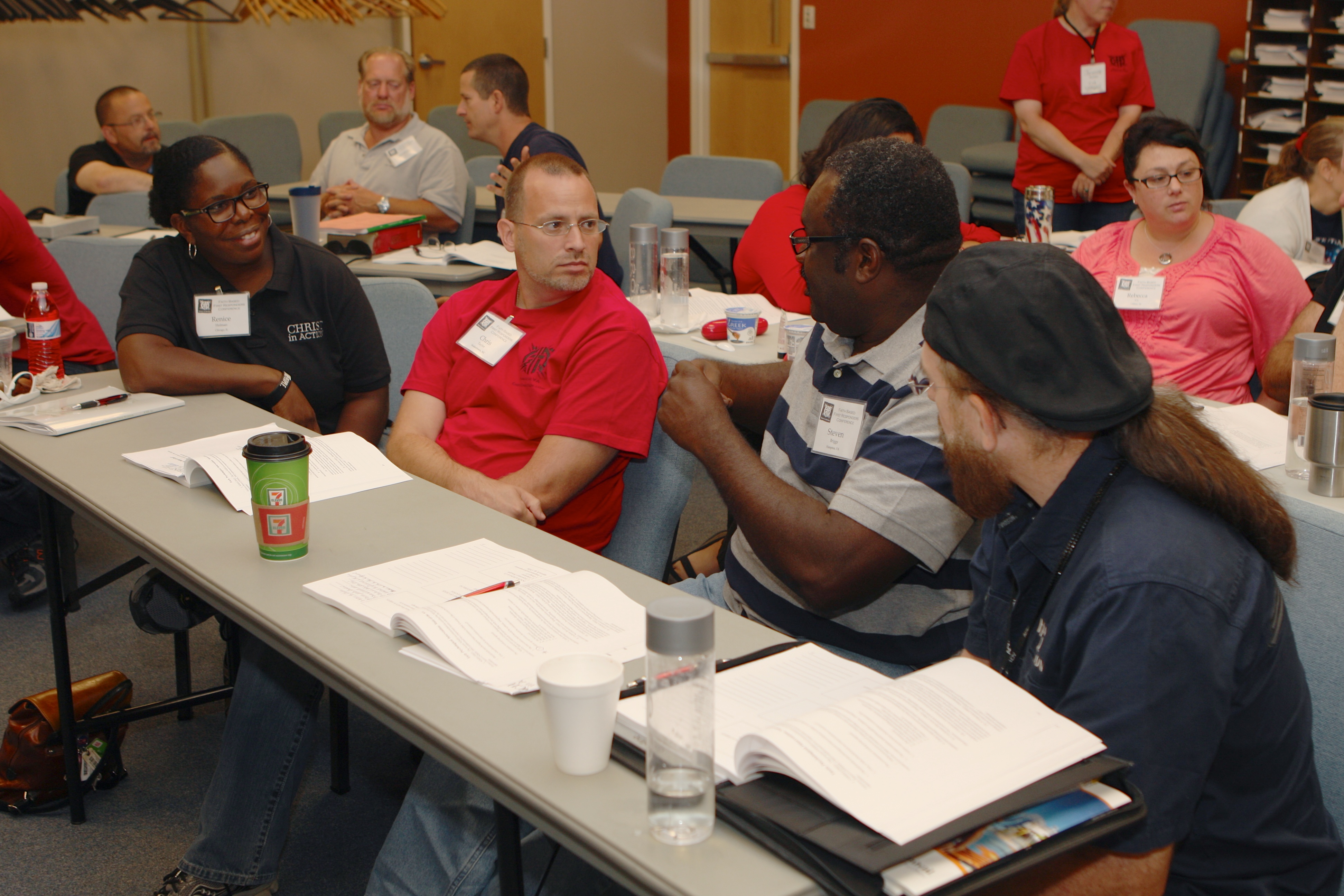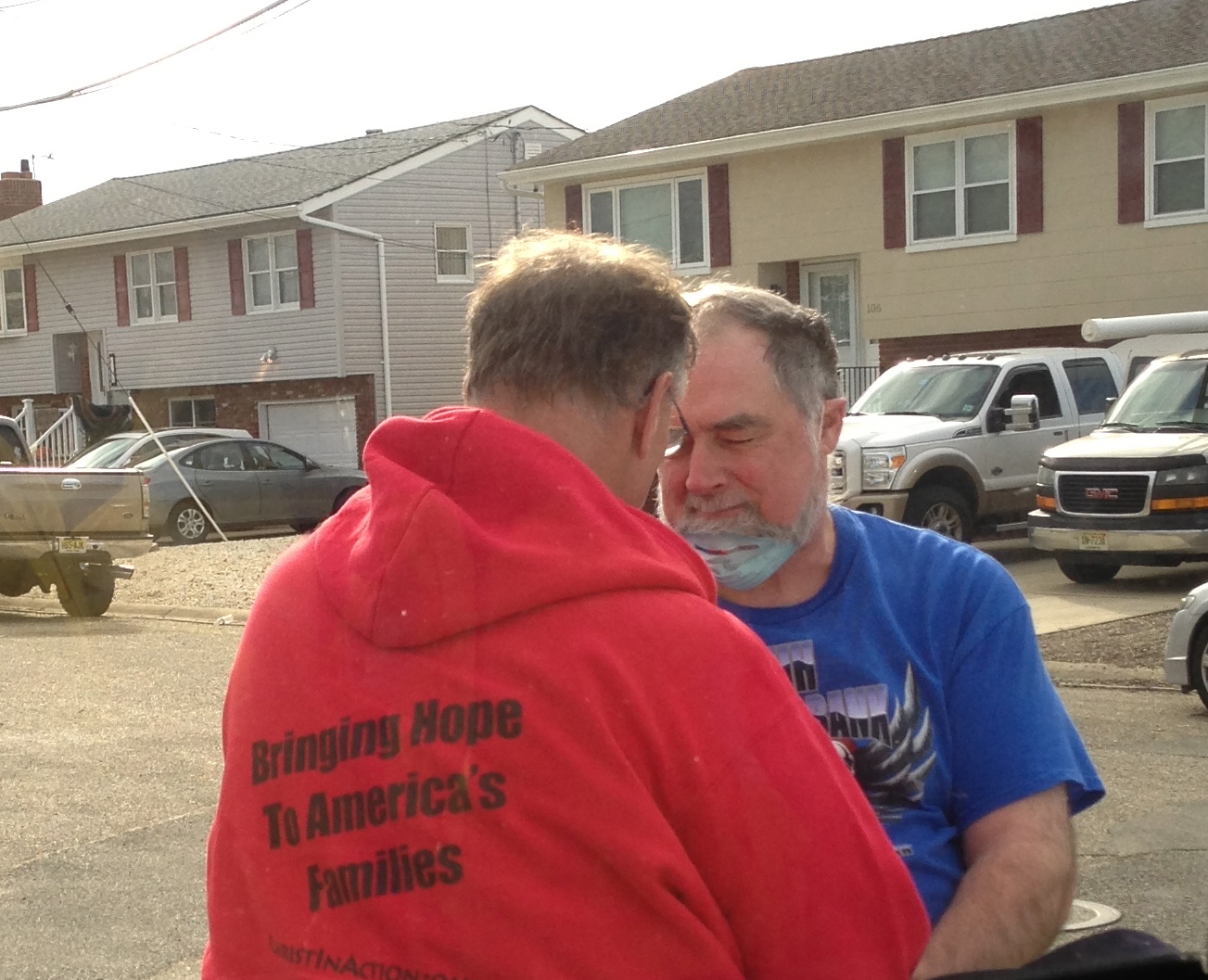Training (FBFR)

Every day bad things happen to good people. Cars crash. Cancer spreads. Marriages fall apart. CIA trains pastors, individuals and church bodies at large how to respond in times of crisis. You don’t have to be a First Responder vocationally to be one relationally or geographically. When someone trusts you enough to confide in you during a time of loss in their life, you are a “First Responder.” Are you confident that you can reach out and offer hope to someone facing these and other issues? Are you ready to be equipped to come alongside someone going through a crisis in their life? Christ In Action's Faith Based First Responders (FBFR) training uses standardized instruction, including CISM training, taught from a biblical worldview. These techniques and methods of ministry will help anyone interested in providing this “emotional first-aid” to those experiencing the aftermath of a critical incident.
These courses are recommended for adults as well as high school students. Give yourself and the young adults in your life the tools to cope with crisis and to assist those they will encounter. The Faith Based First Responders Conference series will equip and prepare you to respond to crises at home, across the nation and around the world.
CIA’s Faith Based First Responder training consists of 4 separate courses, 3 of which are consecutive courses, each one building on the last. Completion of these 3 courses (AIC, PCI, & CBT) is a prerequisite for our Chaplain Commissioning Program. Below is a description of all 4 courses. If you have questions about the FBFR courses please check out our FBFR FAQ page, or feel free to email us.
Assisting Individuals in Crisis (AIC) - also known as Individual Crisis Intervention and Peer Support - is the first of the consecutive courses. This course is produced by the International Critical Incident Stress Foundation (ICISF) and recognized globally by the UN. This course qualifies for 1.3 CEUs through the University of Maryland, Baltimore Campus.

Crisis intervention is not psychotherapy, rather it is a specialized acute emergency mental health intervention which requires specialized training. As physical first-aid is to surgery, crisis intervention is to psychotherapy. Thus crisis intervention is often called "emotional first-aid". This interactive program is designed to teach participants the fundamentals of crisis intervention along with proper protocols for assisting individuals in the throes of crisis situations. Those attending the seminar will learn how to administer this emotional first-aid to people by using a variety of intervention techniques including the SAFER-R model. Crisis communication techniques including the "diamond structure' model, strategic planning for crisis intervention , and the "resistance, resilience, and recovery" continuum comprise some of the array of techniques and concepts that are covered. This training has been helpful to both mental health professionals as well as those inexperienced in the field. Participants learn through information presented by the instructor along with scenarios and role-plays enacted throughout the workshop. A workbook and notes are provided to assist in the learning process. Anyone interested in assisting those experiencing the "fallout" of a critical incident will find this course of great value. It has application across a broad spectrum of individual, local, and national emergencies, disasters, and catastrophes. Topics include: key terms and concepts; attentive listening and crisis communication techniques; psychological reactions in crisis; mechanisms of action in crisis intervention; avoiding harmful practices; the SAFER model of individual crisis intervention; commonly used crisis and disaster mental health interventions; and self-care issues.

Pastor Crisis Intervention (PCI) is the second course. This course is produced by the International Critical Incident Stress Foundation (ICISF) and recognized globally by the UN. This course qualifies for 1.3 CEUs through the University of Maryland, Baltimore Campus.
Pastoral Crisis Intervention may be thought of as the combination of faith-based resources with traditional techniques of crisis intervention. Pastoral crisis intervention represents a powerful addition to traditional community and organizational psychological support resources. The purpose of this two-day course is to assist the participants in learning how pastoral interventions and traditional psychological crisis interventions may be effectively integrated.Chaplains, pastoral counselors, mental health professionals, ministers, and anyone interested in the use of faith-based resources in healing should find this course of interest.
Program Highlights: Nature of human crisis; Nature of crisis intervention; Critical Incident Stress Management (CISM); Signs and symptoms of the crisis state; The “crisis of faith”; Criteria for psychological triage; Strategic SAFER-PCI Model; Common PCI Mistakes; Challenging PCIs.

Chaplains Basic Training (CBT) is the third and final course in the series. This course is produced by Chaplain Services International.
This course is a general overview of the history, origins, interfaces, and “how to’s” of chaplaincy. This two-day accelerated course will equip those interested in ecclesiastically-endorsed or lay chaplaincy to understand the dynamics of this needed and intense function within their community and beyond. It is written for Christ in Action by Chaplain Ron Richardson, founder of Chaplain Services international and is bred out of his many years of distinguished service and rich insight as an emergency services and corporate chaplain and trainer.
These are 3rd party courses, taught and certified by independent instructors and agencies.
Each training is a full two days of instruction, utilizing nationally and internationally recognized course material.
The above 3 courses are required as prerequisites for our Chaplain Commissioning Program.
Disaster Preparedness Seminar (DPS)
This is a one-day course to equip individuals and local churches be better prepared, ready to mobilize within their own community in a response to a disaster. This training focuses on three areas:
Personal Preparedness - shelter in place for 72 hours, information so you can help your neighbors
Church Preparedness - to meet the needs of their staff and congregation as necessary
Community Integration Preparedness - developing a plan of action to reach out (providing food, supplies, shelter or volunteer teams) to assist their community
Elements include a local mobilization plan, table top discussions, local networking connections, and Q & A with experienced relief workers.
This course is generally scheduled as a precursor to bringing more FBFR trainings to the area.
"Through its Faith-Based First Responders Conferences, Christ in Action (CIA) provides Critical Incident Stress Management (CISM) training from a Christ-centered perspective. This invaluable “hands on” training and coaching prepares volunteers mentally, emotionally and spiritually for crisis intervention during the aftermath of a disaster. Dr. Gary Evans, CIA’s instructor, is certified by the International Critical Incident Stress Foundation (ICISF) to provide this “emotional first aid” training. I have been privileged to complete CIA’s CISM certification training, and Dr. Evans is one of the most professional and effective presenters I have ever heard."
--John Kim Cook, Former Director White House Office of Faith Based and Community Initiatives, US Department of Homeland Security & FEMA